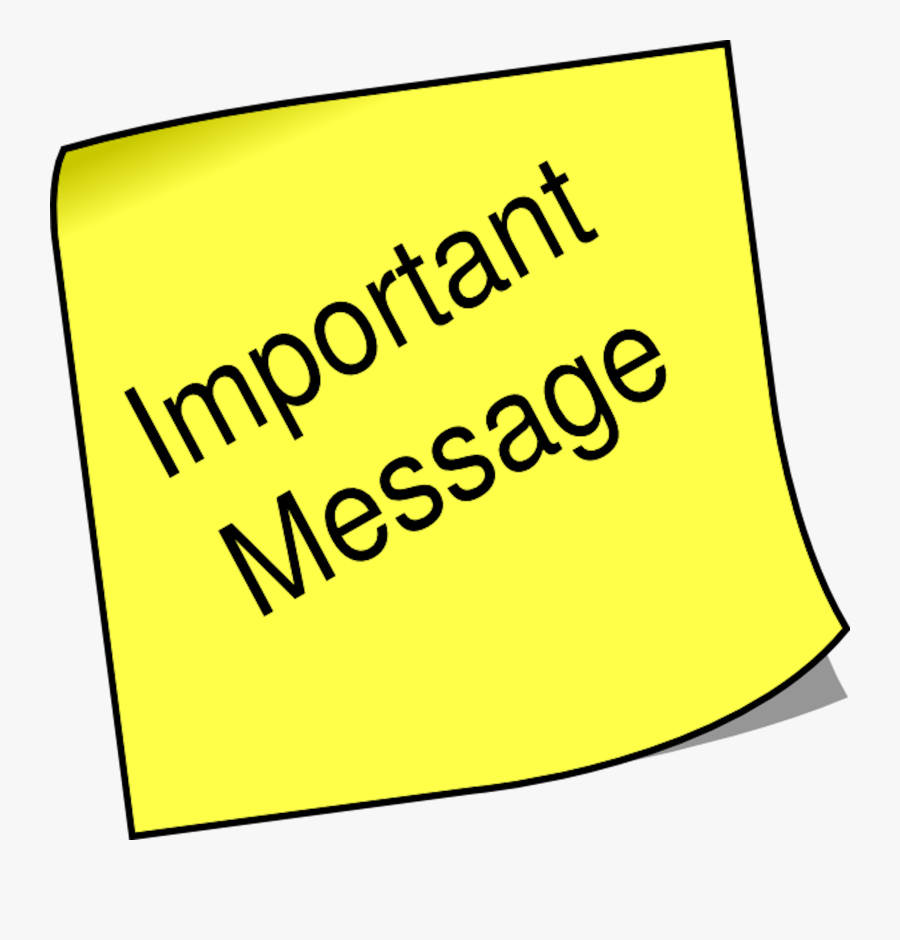Change of student or family details or circumstances
There are times when we need to contact parents/carers.
If you have a change of details including contact phone numbers, email address, or medical details please advise the Admin office as soon as possible.
In particular, please let us know asap in writing, if there are changes to medical conditions or family circumstances (ie court/custody orders).

Please keep all your important information up to date, including email addresses, contact phone numbers and medical details.
Email
The school will email information will generally be emailed home. This includes newsletter, messages about upcoming events, general information etc.
We will also distribute messages from the Chevallum P&C via email.
SMS/Text
Messages will be sent unexplained absences.
Messages will also be sent for prompt, priority messages like weather warnings, road closures or school closures in emergencies.
QParents
Consent forms will be sent electronically to parents/carers via QParents.
QParents App provides convenient and secure online access to your child’s student information.
You can easily:
*provide digital consent
*view/notify absences
*pay invoices
*read of download report cards
Information on how to create your QParents account including your invitation code will be emailed to parents/carers once enrolment has been processed.
Newsletter
Our school newsletter is published at the end of Week 4 and Week 8 of the school term and emailed to families.
Shout Out
At the end of each week, we send a brief email showing the week ahead and dates to save for upcoming events.
Classrooms
Teachers will provide updates to parents via email.
Parents may also email teachers if they have queries or issues.
Electronic Sign
Quick reminders and messages may be posted on electronic sign at the front of the school.